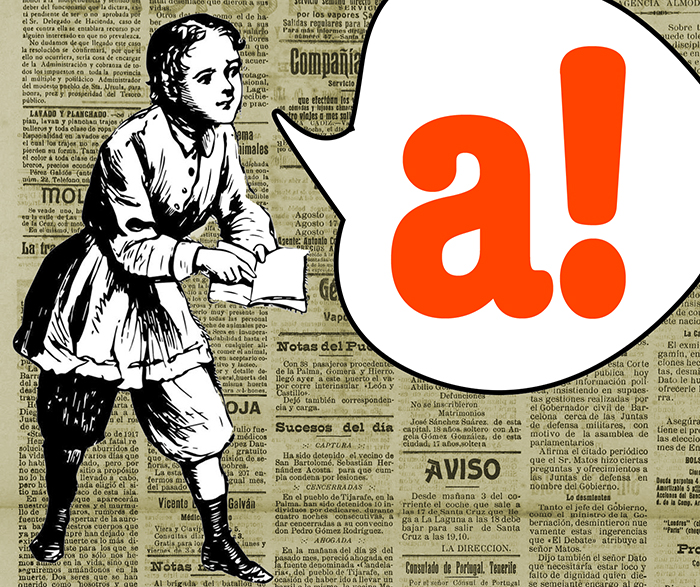
It is important for the member of staff gathering the child’s views to act within their remit and to take care not to try and be the child’s therapist.
The best questions are non-pressurising and open ended. It can be helpful to illustrate that there are no right answers, for example by saying,
“Some children really love playtime, some children find it really tricky and some children are in the middle. How do you find playtime?”
Try not to ask the child why they feel a particular way as they might not know this and might try to give you an answer to oblige your question. It is just important to know if they can share this with you what aspects they find helpful and what they find tricky so that this important information can be known by the adults supporting them in school.
Many children who had adverse childhood experiences (ACEs) care deeply about “fitting in” or “being normal” and “being the same as everyone else”. It is crucial that we take thee concerns seriously and think of how discreetly and sensitively we can meet their needs.

The BRIGHTER FUTURE project has been funded with support from the European Commission. This publication reflects the views only of the authors, and the Commission cannot be held responsible for any use which may be made of the information contained therein.
